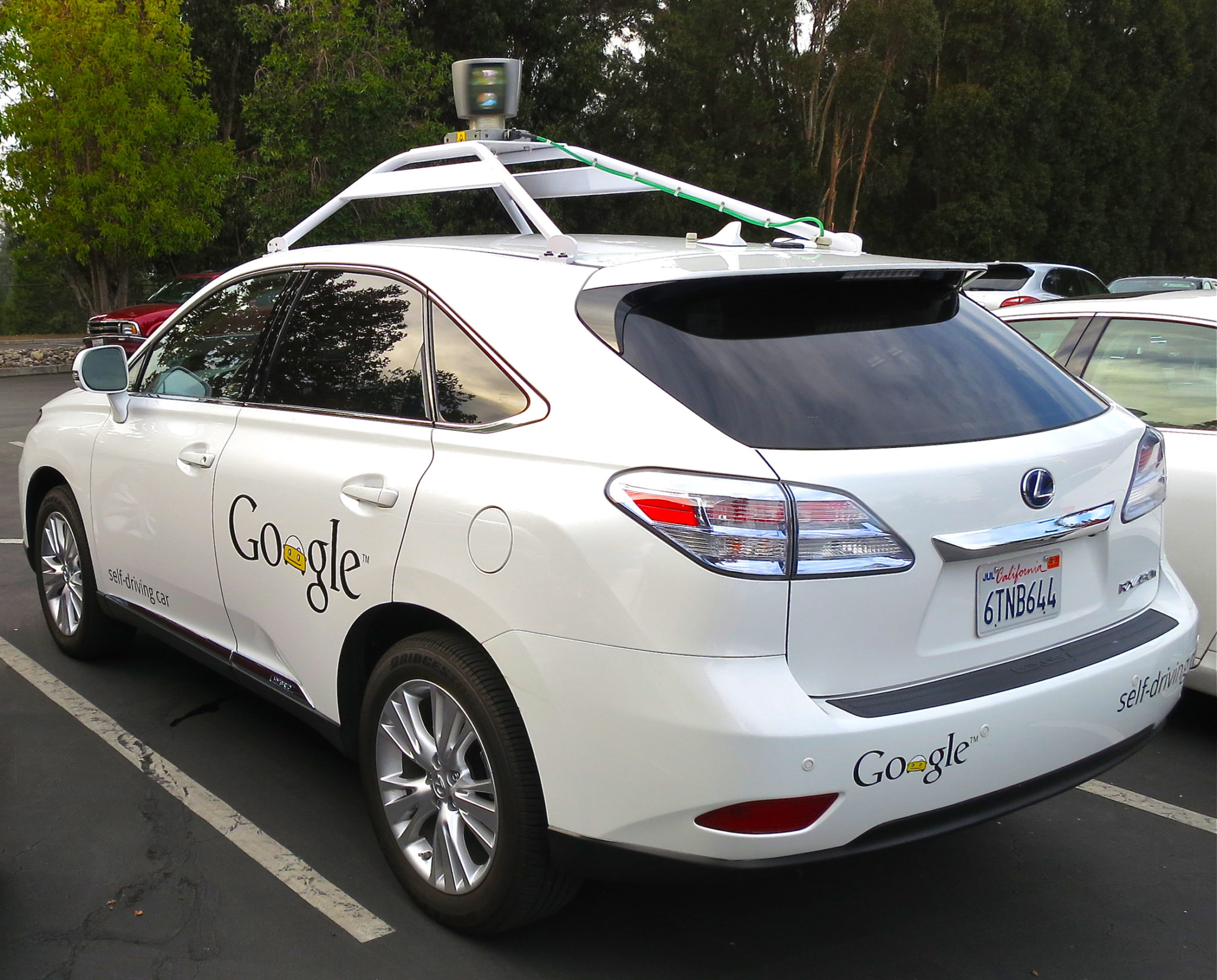
One of the biggest concerns that critics of self-driving cars have is the ability for them to be interfered with by hackers. However Google is combating this problem by opting to keep its self-driving cars offline most of the time.
The head of Google’s self-driving programme, Waymo, had the following to say –
“Our cars communicate with the outside world only when they need to, so there isn’t a continuous line that’s able to be hacked, going into the car,” John Krafcik told the Financial Times in an interview in Detroit.
“When we say that our cars are autonomous, it’s not just that there’s not a human driver, but also that there is not a continuous cloud connection to the car,” he said, adding that cyber security was “something that we take very very seriously”.
Google’s fears about hacking are not unfounded, as other car manufacturers, such as Nissan and Chrysler have been targeted by hackers. What makes self-driving cars vulnerable to hackers is the fact that they’re connected across a central system. This means that hackers can gain access through one channel and then take control of several functions within the vehicle.
However Waymo technology is designed to be mostly self-reliant, only requiring an intermittent connection to the cloud in order to obtain traffic reports amongst other things. This means the opportunity for hackers to gain control of vehicles using Waymo technology is much more limited in comparison to other self-driving cars.





